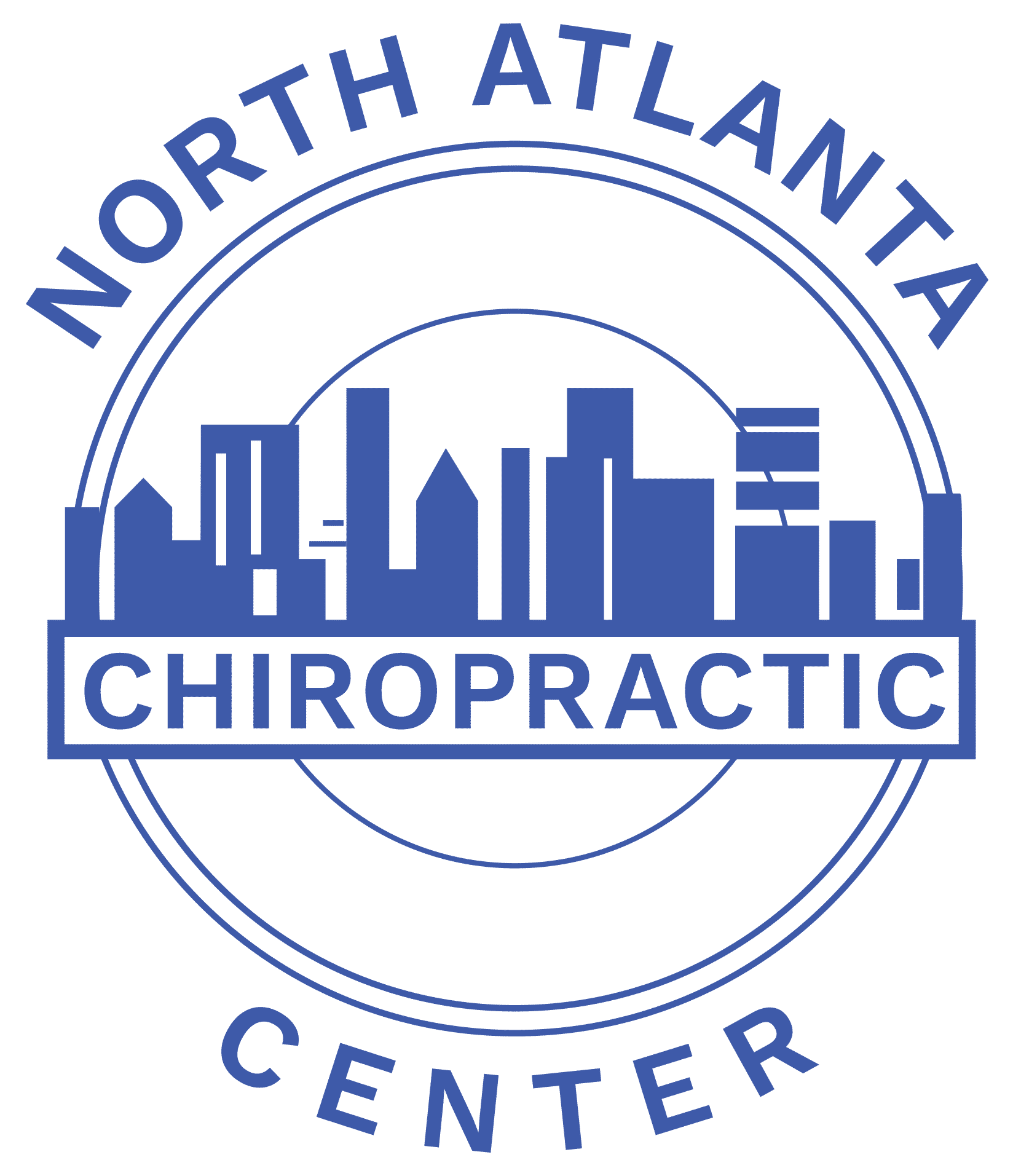Since the majority of adults in the United States experience some type of back or neck pain at some point, it is important to understand where this pain comes from. Quite often, sudden, unexplained back pain is caused by simple overuse or stress. Of course, many of us are also guilty of not taking the time to bend and lift correctly.
What if you are feeling sudden back pain or neck pain and while you may not be sure what caused it, you know the pain is different? Perhaps the pain is more intense, or it doesn’t go away on it’s own with a little rest or Tylenol. If you are having back pain that you don’t understand, it could be a bulging disc, also called a protruding disc.
There are many causes of back pain and some of them may be serious. How do you know if the back pain you are feeling is a bulging disc?
What is a Bulging Disc?

Your backbone or spine is made up of many small bones. Each of these bones is called a vertebrae. The vertebrae are separated by spinal discs. The job of the spinal discs is to allow the spine to be flexible while separating the vertebrae and absorbing shock so that they do not crunch into each other.
Each disc is made of a harder outside shell called annulus (which is made up of a tougher more fibrous cartilage) and a softer inner material (which is made up of a more jelly textured cartilage).
A bulging disc is a disc that has had its outer shell damaged. This damage allows the cartilage to bulge out of its position between the vertebrae. This out of place disc may come in contact with and inflame or irritate spinal nerves which cause intense back pain (or neck pain depending on where it is located).
How To Know If It’s a Bulging Disc?
A bulging disc can be caused by the natural aging process or an acute injury. Some common risk factors for developing a bulging disc are improper lifting, obesity and poor posture. Here are a few common signs that you may have a bulging disc that needs treatment:

- Numbness: Because bulging discs can compress nerves and even cause nerve damage, numbness in any of your limbs could be a sign of a bulging disc.
- Stumbling: A bulging disc can cause weakness in your back which can cause you to stumble for seemingly no reason.
- Muscle Weakness: If you have weak muscles, it is always a sign to pay attention to and could mean many things. Coupled with other symptoms here, you should suspect a bulging disc and seek treatment from your local chiropractic center.
- Limb Pain: If you are feeling pain or tingling in your arms or legs it may be coming from a compressed nerve that is originating from a bulging disc.
- Pain When Standing: If you are having pain that gets worse when you are standing or when you first start to sit down it is a sign that you may have a bulging disc. This pain may be coming from weakened muscles caused by your protruding disc.
How Do I Treat a Bulging Disc?
If your symptoms are becoming more severe or causing you to limit your daily activities, then it is time to seek help. Chiropractors have proven treatments that can help with a bulging disc such as spinal decompression therapy and laser treatments.
If you think you might have a bulging disc or you need help managing your back pain visit North Atlanta Chiropractic Center online for a free consultation now!



 Getting Started Exercising Again
Getting Started Exercising Again